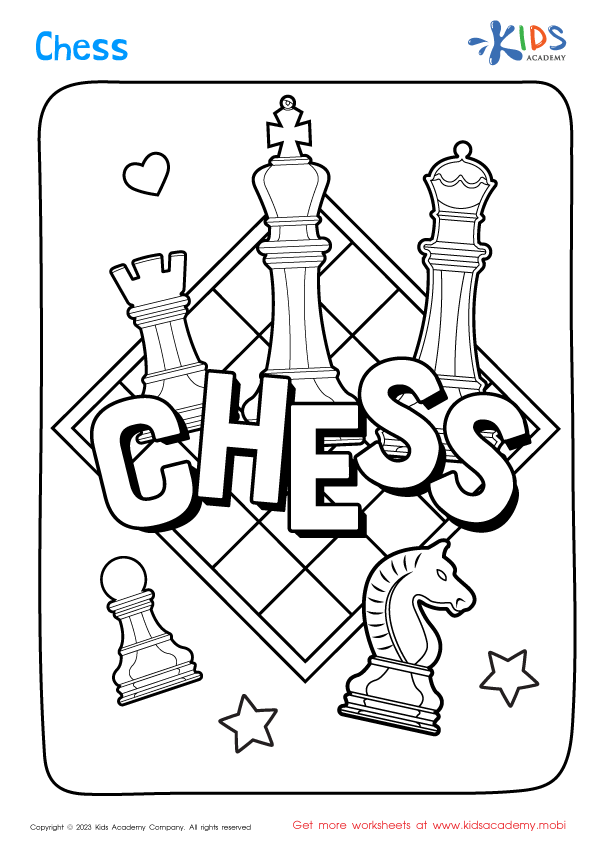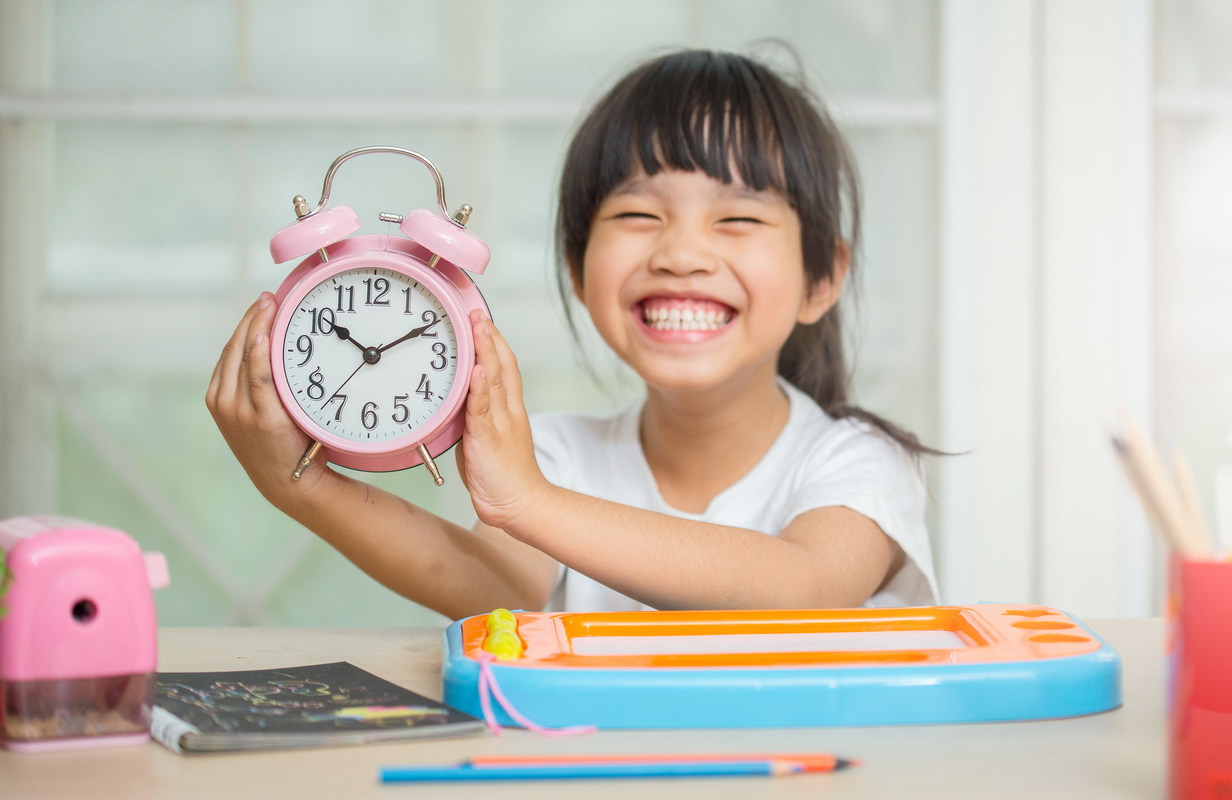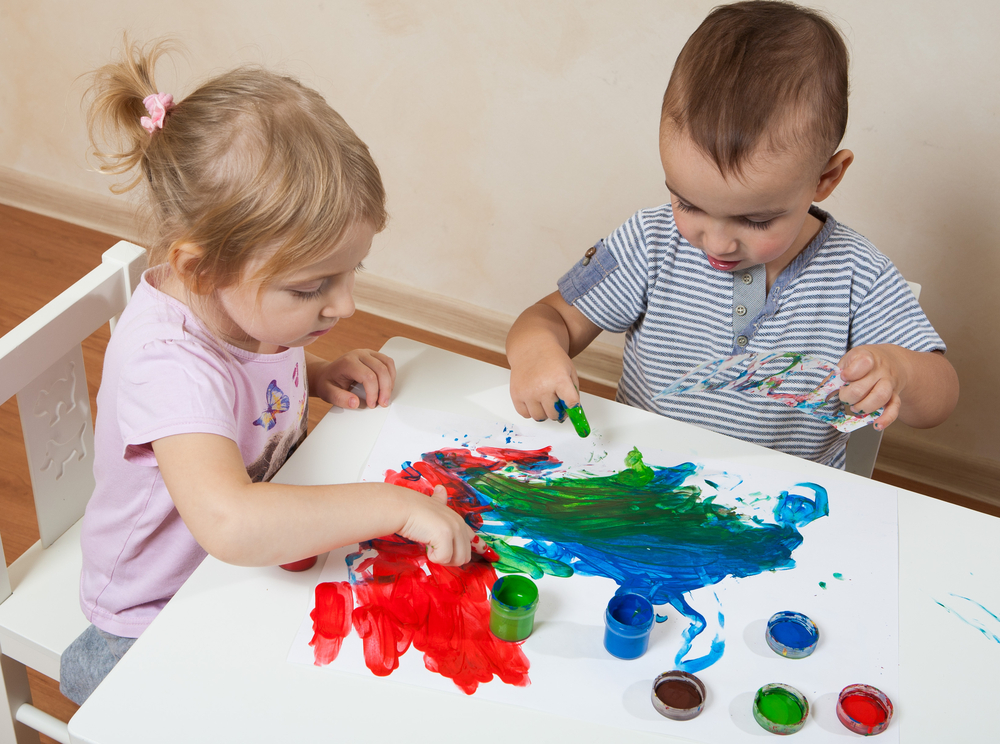Improving concentration Easy Worksheets for Ages 3-8
5 filtered results
-
From - To
Boost your child's focus with our "Improving Concentration" worksheets, designed for ages 3-8! These easy-to-follow activities engage young minds while developing essential attention skills. Our printable worksheets feature fun themes and interactive exercises that encourage kids to stay on task, enhancing their learning experience. Each worksheet targets various aspects of concentration, from visual recognition to listening skills, ensuring a well-rounded approach. Perfect for both home and classroom use, these resources offer a playful way to keep little learners focused and motivated. Start your child's journey towards better concentration today with our delightful worksheets! Suitable for early grade teachers and parents alike.
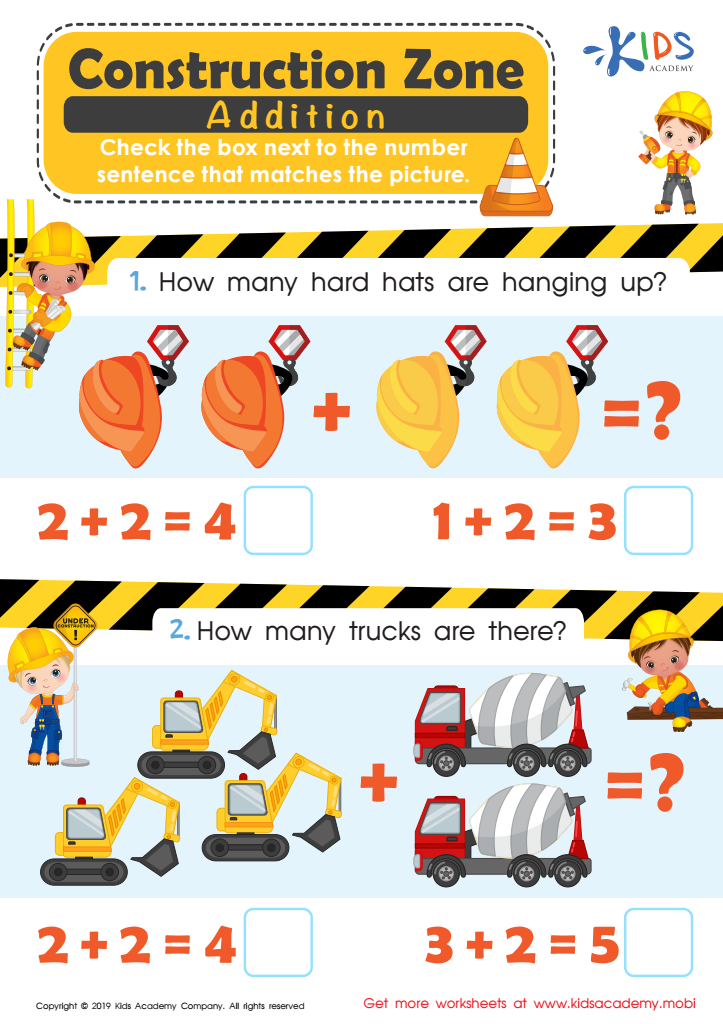

Construction Zone Addition Worksheet
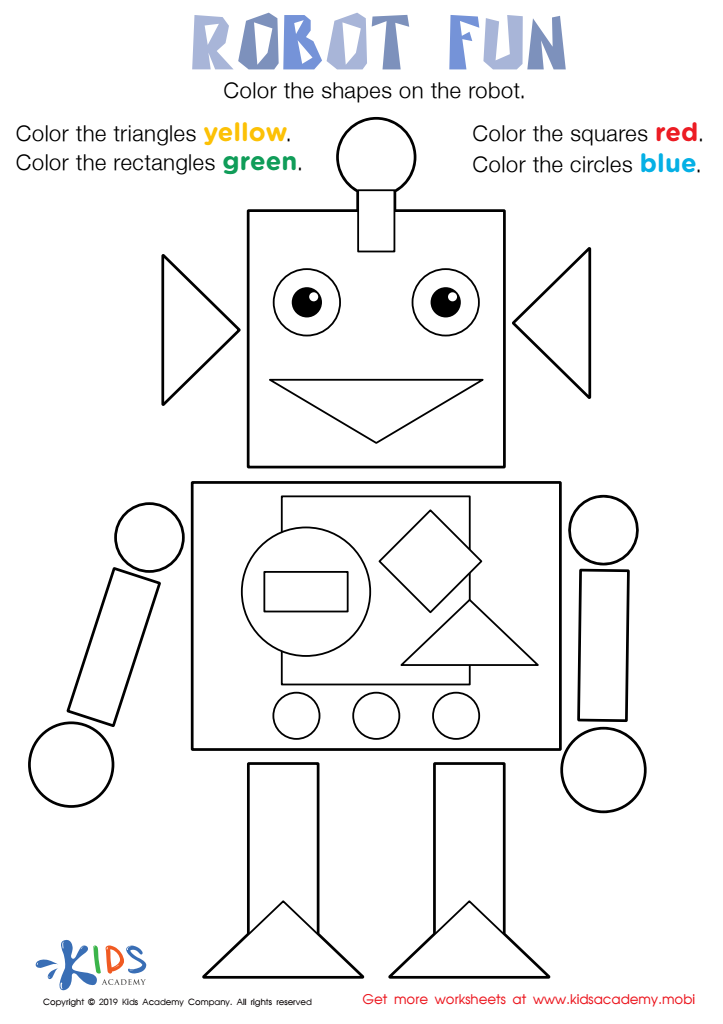

Robot Fun Worksheet
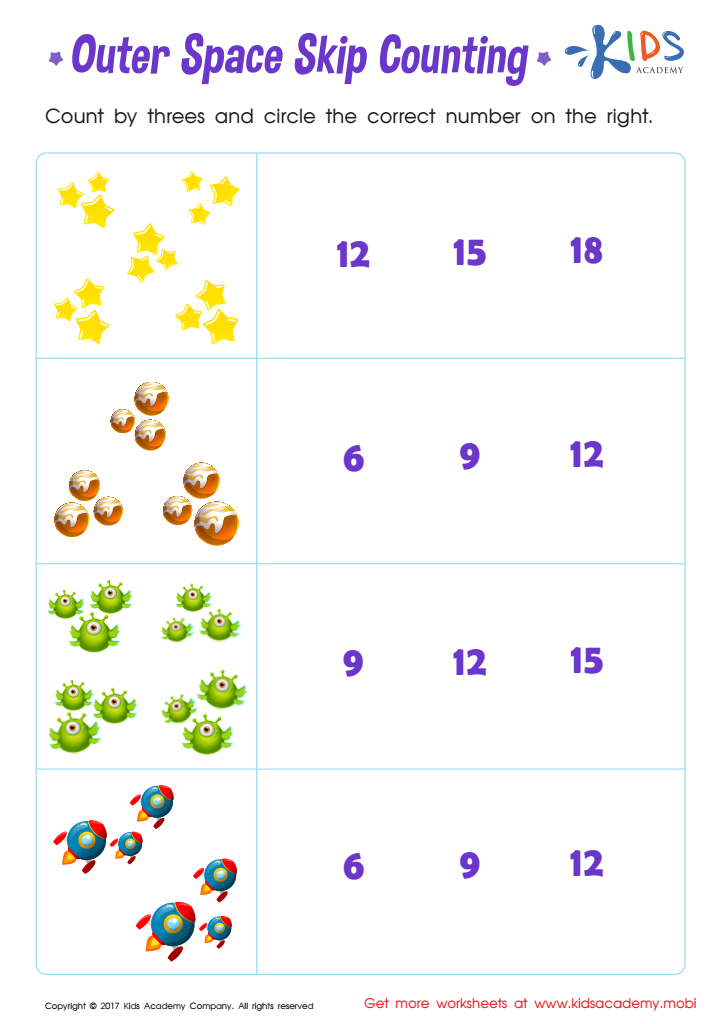

Skip Counting by 3s: Outer Space Skip Counting Printable
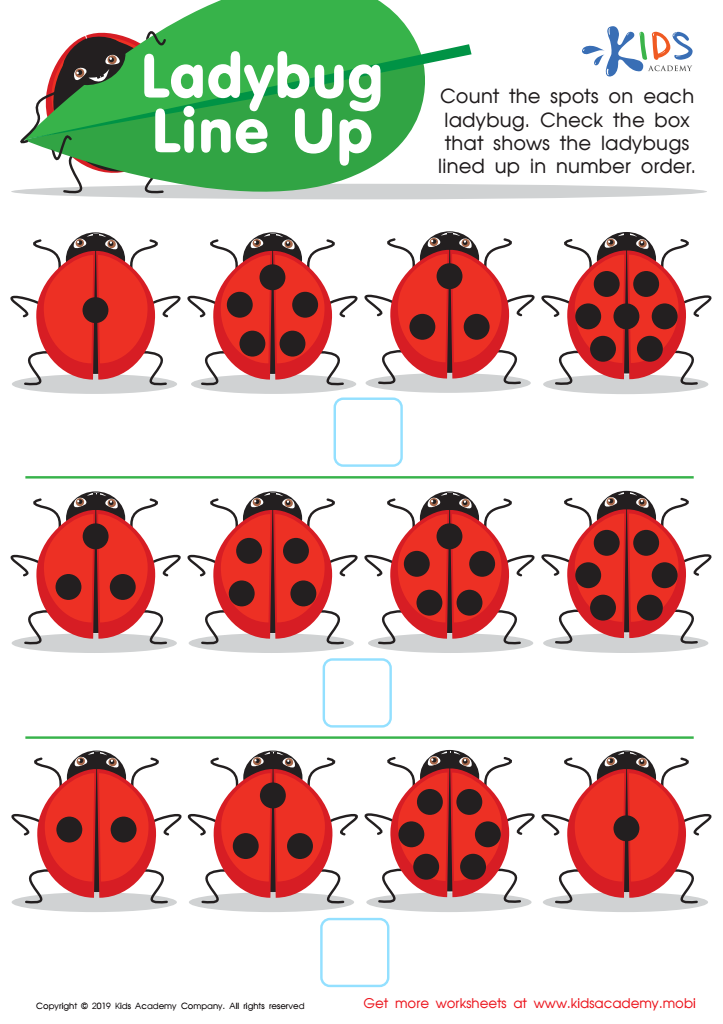

Ladybug Line Up Worksheet
Improving concentration in children ages 3-8 is essential for their overall development and academic success. During these formative years, children are developing crucial cognitive skills. Enhanced concentration leads to better engagement in learning activities, enabling them to absorb information more effectively.
When parents and teachers prioritize concentration, they help young learners stay focused on tasks, which fosters a love for learning. Better concentration skills also support improved behavior in the classroom and at home, reducing frustration during homework or playtime. Additionally, children who can concentrate well are more likely to participate in group activities and cooperate with peers, promoting social skills.
Furthermore, teaching concentration strategies, such as mindful breathing or short, engaging activities, provides children with tools they can use throughout their lives. This early intervention equips children to handle distractions in an increasingly fast-paced world.
Ultimately, supporting concentration helps bridge the gap between play and structured learning, creating a balanced approach to education. By investing time in developing these skills, parents and teachers not only enhance children's current learning experiences but also pave the way for a successful academic journey and lifelong learning habits.
 Assign to My Students
Assign to My Students

